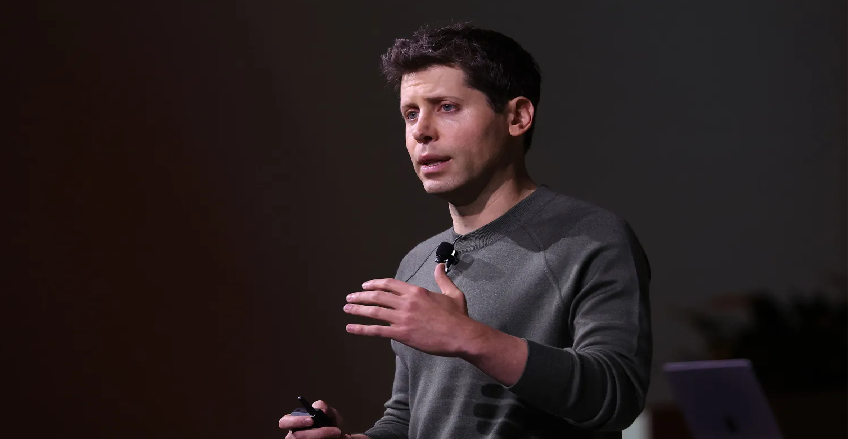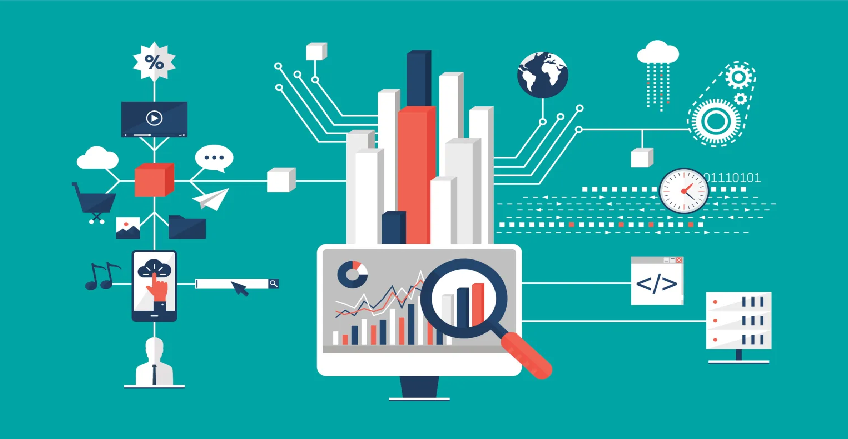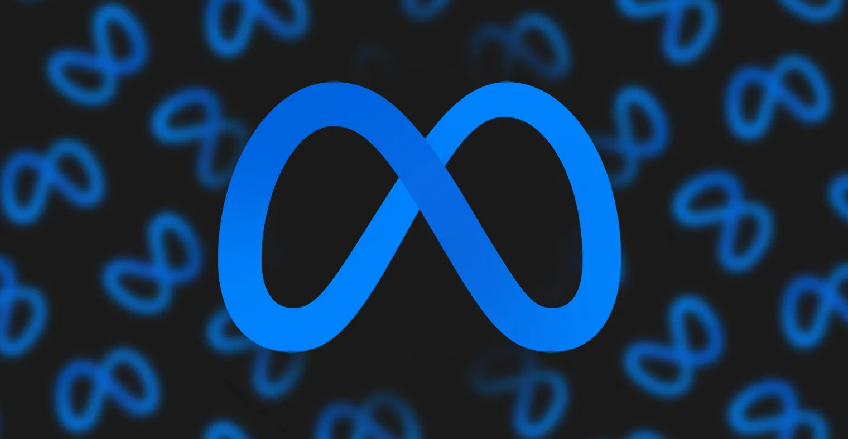
Oprah just had an AI special with Sam Altman and Bill Gates
Late Thursday evening, Oprah Winfrey aired a special on AI, appropriately titled “AI and the Future of Us.” Guests included OpenAI CEO Sam Altman, tech influencer Marques Brownlee, and current FBI director Christopher Wray.
The dominant tone was one of skepticism — and wariness.
Oprah noted in prepared remarks that the AI genie is out of the bottle, for better or worse, and that humanity will have to learn to live with the consequences.
The dominant tone was one of skepticism — and wariness.
Lorem dolor sit amet, consectetur adipiscing elit sed do eiusmod tempor incididunt labore et dolore sitor magna aliqua. Quis suspendisse ultrices gravida. Risus commodo viverra manas accumsan lacus vel facilisis. Lorem dolor sit amet, consectetur adipiscing elit.
Sam Altman overpromises
Altman, Oprah’s first interview of the night, made the questionable case that today’s AI is learning concepts within the data it’s trained on.
“We are showing the system a thousand words in a sequence and asking it to predict what comes next,” he told Oprah. “The system learns to predict, and then in there, it learns the underlying concepts.”
Many experts would disagree.
Bill Gates on AI disruption
For a techno-optimistic change of pace, Oprah interviewed Microsoft founder Bill Gates, who expressed a hope that AI will supercharge the fields of education and medicine.
“AI is like a third person sitting in [a medical appointment,] doing a transcript, suggesting a prescription,” Gates said. “And so instead of the doctor facing a computer screen, they’re engaging with you, and the software is making sure there’s a really good transcript.”
Gates ignored the potential for bias from poor AI training, however.
One recent study demonstrated that speech recognition systems from leading tech companies were twice as likely to incorrectly transcribe audio from Black speakers as opposed to white speakers. Other research has shown that AI systems reinforce long-held, untrue beliefs that there are biological differences between Black and white people — untruths that lead clinicians to misdiagnose health problems.
Last summer, schools and colleges rushed to ban ChatGPT over plagiarism and misinformation fears. Since then, some have reversed their bans. But not all are convinced of GenAI’s potential for good, pointing to surveys like the U.K. Safer Internet Centre’s, which found that over half of kids report having seen people their age use GenAI in a negative way — for example creating believable false information or images used to upset someone.

